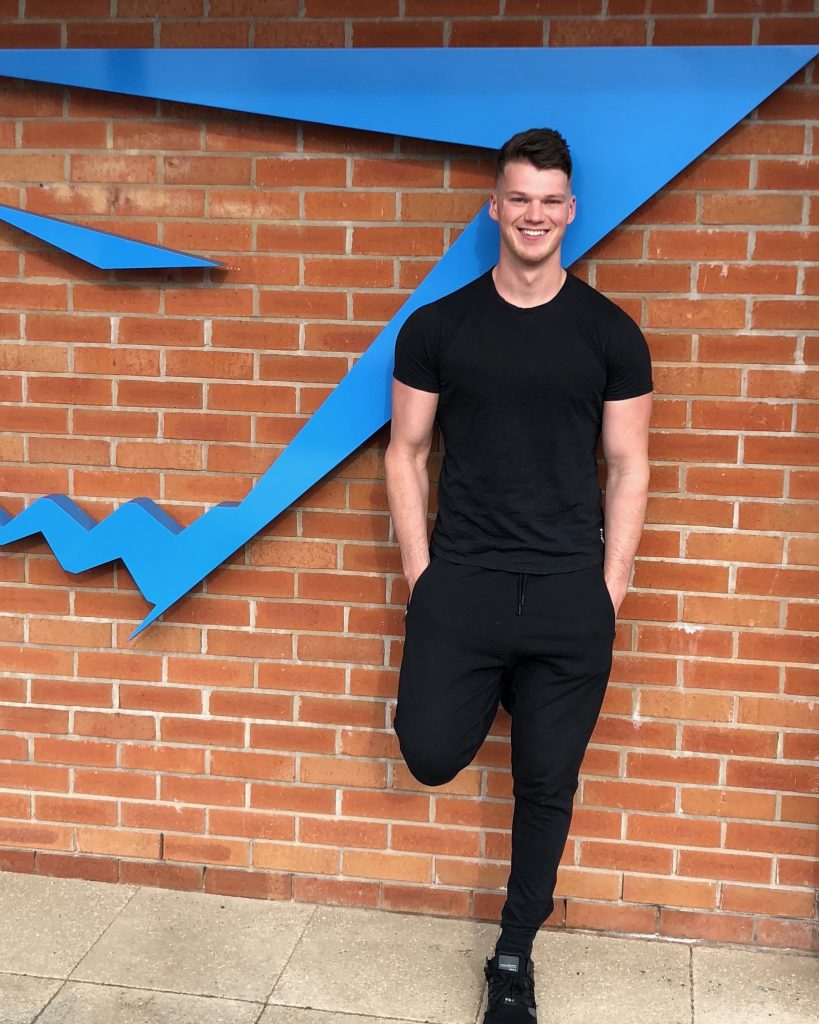You may first have heard of the fitness apparel brand Gymshark when it was announced recently that the Birmingham-based online retailer had hit a $1.3 Billion valuation, having secured investment from the growth equity firm General Atlantic.
The story of the Gymshark brand, started by Birmingham-born Ben Francis in 2012, is in its own right a remarkable tale of right time, right place, right product and right values. At just 28 years old, Ben has guided his business into a global strategic partnership with its first-ever investment round.
“It was one long, considered and steady process to bring on an investor” – Ben Francis.
Perhaps even more impressive is the time and effort that both Gymshark and General Atlantic invested in making sure that the cultural fit between the two companies was right. Gymshark’s success is built on serving its target audience and nurturing their relationship with their customer. Needless to say, protecting that relationship was paramount.
According to an article in Forbes, there were three essential requirements that Ben set out in finding the right partner:
Fair value
Culture fit
Help to grow Gymshark in the right way into a truly global brand
Ben has also stated that:
“Old models for fast growth are not working – this leads to less control of the customer experience. This is the future of brands.”
This last statement is intriguing and, from my experience, very true. I have seen the outcomes of many investment, merger and acquisition processes. Some of these have gone brilliantly, others less so. Nearly always the success or failure has come down to cultural fit.
As Ben says, the pressure has always been to get through the process at pace. Decisions are based on market fit/share, how the product matches joint objectives, agreeing heads of terms. Sometimes there is the consideration of how the values of the two organisations match up, but seldom are the cultures considered.
This is understandable. An investment, merger or acquisition is an exciting time. Everyone is upbeat and wants it to work. For one side, it represents a huge injection of capital and reward for all their work to date. For the other side, it’s all about getting the revenues flowing from the new partner. However, there is a danger of these perspectives leading to confirmation bias – in which all sides only look for the evidence that best supports a decision they have already, in their own minds, made. Anything ringing alarm bells are placed at arm’s length or ignored as ‘I’m sure that’ll be OK’.
Gymshark’s determination to slow down the assessment of culture fit is undoubtedly something to be learned from. However, I don’t feel that it also has to imply slowing things down to such a point that everyone loses faith. One of our clients is on a very high tempo buy and build strategy. In their own words, many of their previous acquisitions had gone well, but some hadn’t. The ones that underperformed were nearly always down to “not getting the people factor right”.

We set up an arrangement with our client Selbey Anderson in which we would go and run a strategy day for the business they were looking to invest in/acquire. As part of this strategy workshop, we would simultaneously observe how the team operated and report back. We set the workshop up in such a way that only the MD of the business potentially being acquired knew it was a people assessment – his team didn’t. Even if they were given a tip-off, the pace of the strategy day we ran meant they had no option other than to fall into normal behaviours.
This only took one day. The report we sent back to our client contained observations on each of the individuals that had taken part, as well as assessments of their team performance and any observations we had on the business as a whole. This proved so useful to their process of due diligence, Group CEO Dominic Hawes commented:
“If only we’d met Quirk two years ago; we could have saved ourselves a whole load of time! Never mind, we’ve met them now. A super report which provides some real insight into what we may actually be buying.”
The reason I believe wholeheartedly in this approach is that it benefits all parties. The client gets an enhanced understanding of what they are investing in. The business they are likely to invest in gets a hugely useful strategy day delivered for them; building team coherence, understanding and objectives. In fact, following the workshop, they sent me a message saying “we got lots of valuable ideas out of the session. We are now spurred on to review everything and agree next steps and actions.”
So the approach benefits everyone, in more ways than just ‘Do we fit’? It is a simple methodology for anyone to replicate without slowing the process down. I agree with Ben Francis. In fact. I would recommend investigating cultural fit in even more depth than the process I’ve set out above. However, if the pressure is on, it’s better to do something than nothing. Taking just one day to have a better look at how things work, before charging on will improve any future decisions measurably. Good luck with all your future plans, especially in these volatile and uncertain times.
Chris Paton
MD of Quirk Solutions



